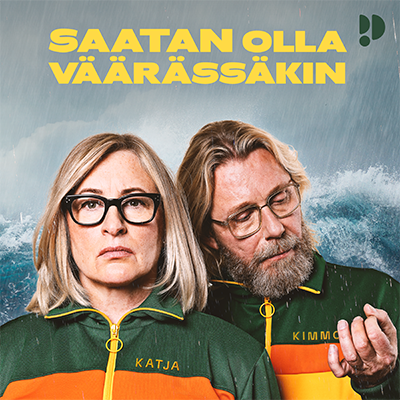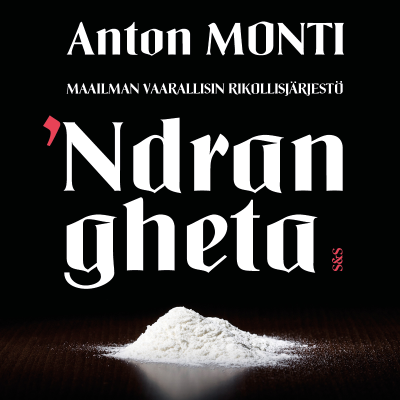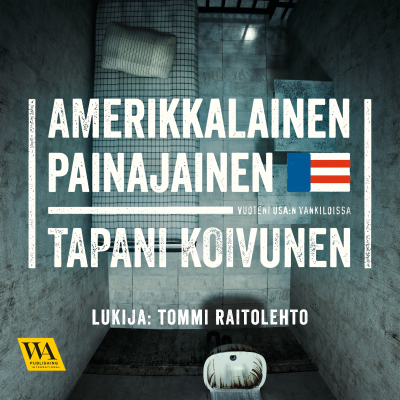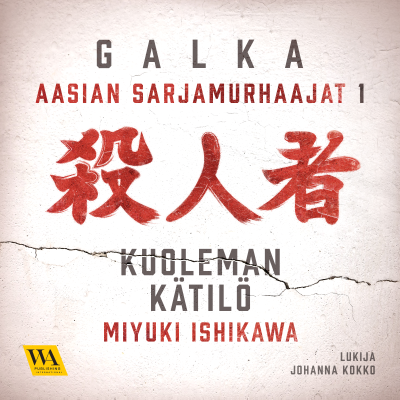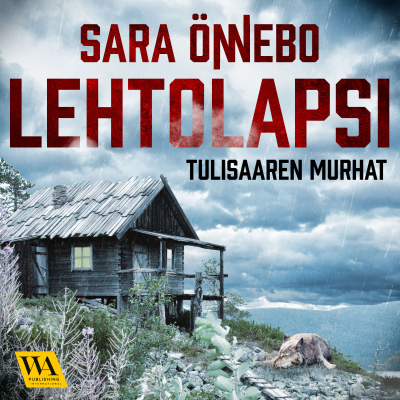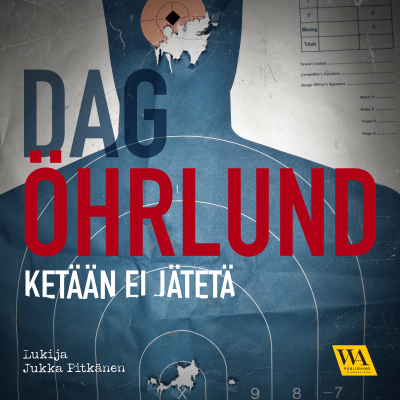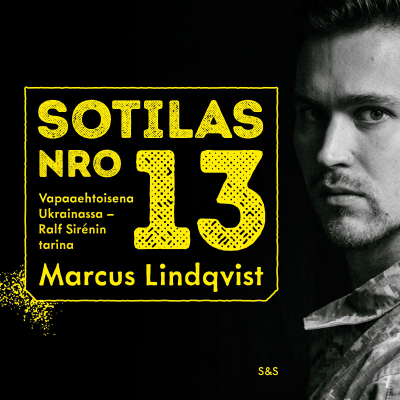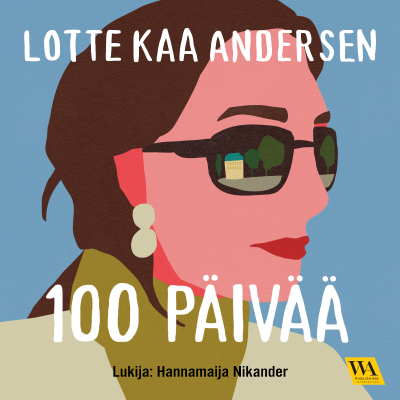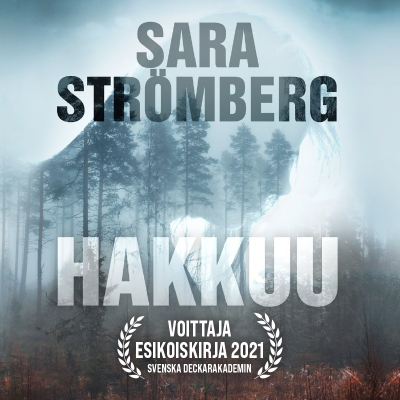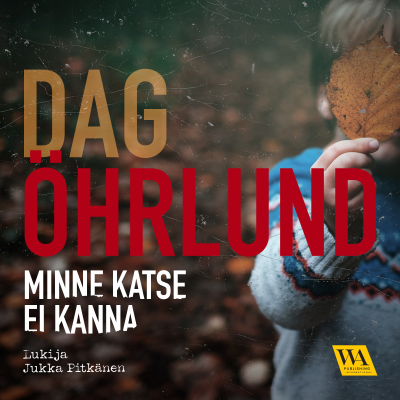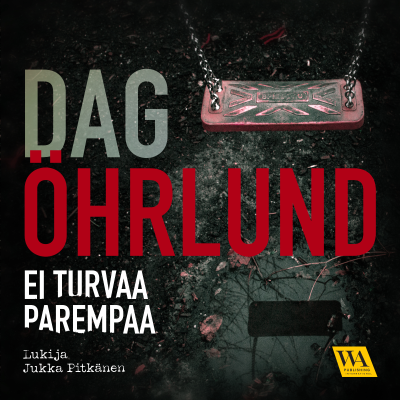
World History Encyclopedia
Podcast by World History Encyclopedia
7 vrk ilmainen kokeilu
Kokeilun jälkeen 7,99 € / kuukausi.Peru milloin tahansa.

Enemmän kuin miljoona kuuntelijaa
Tulet rakastamaan Podimoa, etkä ole ainoa
Arvioitu 4.7 App Storessa
Lisää World History Encyclopedia
We are a non-profit organization publishing the world's most-read history encyclopedia. Our mission is to engage people with cultural heritage and to improve history education worldwide. Subscribe to our Podcast: SpotifyApple PodcastsGoogle PodcastsSoundcloud
Kaikki jaksot
182 jaksotIn this episode, we explore the complex causes behind the outbreak of World War II. Listeners will learn how the harsh terms of the Treaty of Versailles, economic turmoil during the Great Depression, and the rise of fascist leaders like Adolf Hitler set the stage for global conflict. We break down the policies and political decisions—including appeasement by Britain and France, the failure of the League of Nations, and alliances between Germany, Italy, Japan, and the USSR—that allowed aggression to go unchecked. The episode covers key moments such as Germany’s rearmament, the Nazi-Soviet Pact, and the invasion of Poland that triggered the war. By the end, you’ll understand why WWII became inevitable and how the world’s major powers responded—often too late—to one of history’s most devastating conflicts. Written by Mark Cartwright and narrated by Scarlett Hart. #history #wwii #worldwar #whe
Explore the pivotal role of agriculture in shaping human history in our latest episode. Journey back to the ancient Near East, where the Fertile Crescent is celebrated as the birthplace of agriculture. Discover how the domestication of plants and animals in regions like Mesopotamia and the Levant led to the first large-scale cities and empires. This cradle of civilization, enriched by fertile soil and rivers like the Euphrates and Tigris, witnessed innovations such as artificial irrigation, crop rotation, and the use of plows, which transformed semi-nomadic groups into permanent agricultural societies. Delve into how agriculture's surplus production was essential for the emergence of urban centers and complex societies. In Mesopotamia, cereal grains became a cornerstone for taxation, supporting centralized governments and enabling trade and urbanization. The podcast underscores how agriculture not only sustained growing populations but also laid the foundation for specialized trades and empires, ultimately fueling human progress and civilization's advancement across the globe. Written and read by Jan van der Crabben. Original article: https://www.worldhistory.org/article/9/agriculture-in-the-fertile-crescent--mesopotamia/ [https://www.worldhistory.org/article/9/agriculture-in-the-fertile-crescent--mesopotamia/]
The Hundred Years' War was fought intermittently between England and France from 1337 to 1453 CE and the conflict had many consequences, both immediate and long-lasting. Besides the obvious death and destruction that many of the battles visited upon soldiers and civilians alike, the war [https://www.worldhistory.org/war/] made England virtually bankrupt and left the victorious French Crown in total control of all of France except Calais.
Joan of Arc (Jeanne D'Arc, l. c. 1412-1431 CE) was a medieval peasant who, claiming to receive visions from God, turned the tide of the Hundred Years' Warin favor of a French victory. She was famously martyrd for standing by her claim of divine inspiration and later canonized as a saint.
The consequences of the British Industrial Revolution (1760-1840) were many, varied, and long-lasting. Working life in rural and urban settings was changed forever by the inventions of new machines, the spread of factories, and the decline of traditional occupations. Developments in transportation and communications meant life in the post-industrial world was more exciting and faster, with people more connected than ever before. Consumer goods became more affordable to more people, and there were more jobs for a booming population. The price to pay for progress was often a working life that was noisy, repetitive, and dangerous, while cities grew to become overcrowded, polluted, and crime-ridden.

Arvioitu 4.7 App Storessa
7 vrk ilmainen kokeilu
Kokeilun jälkeen 7,99 € / kuukausi.Peru milloin tahansa.
Podimon podcastit
Mainoksista vapaa
Maksuttomat podcastit






